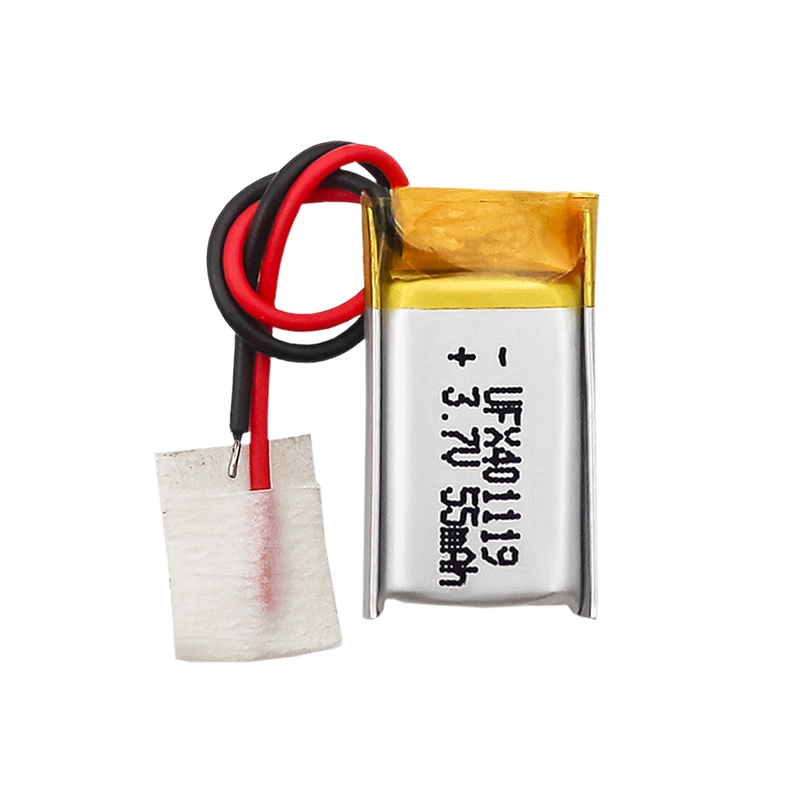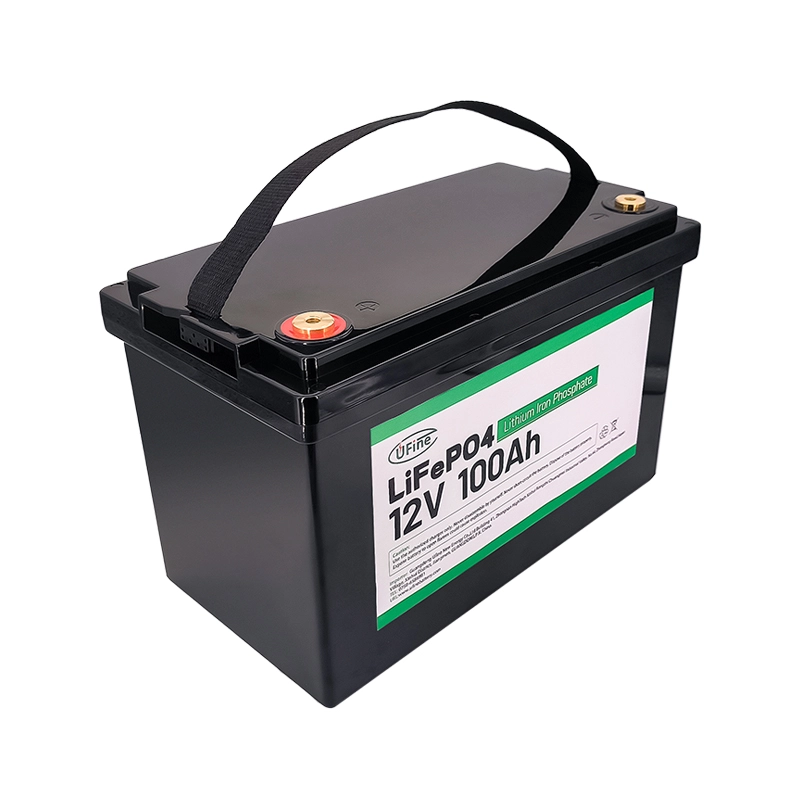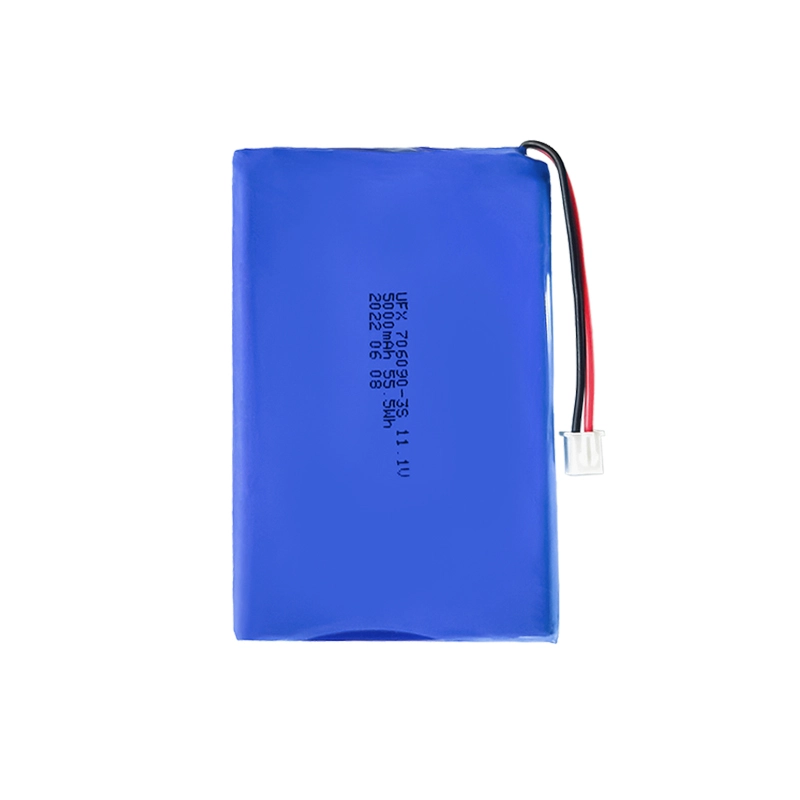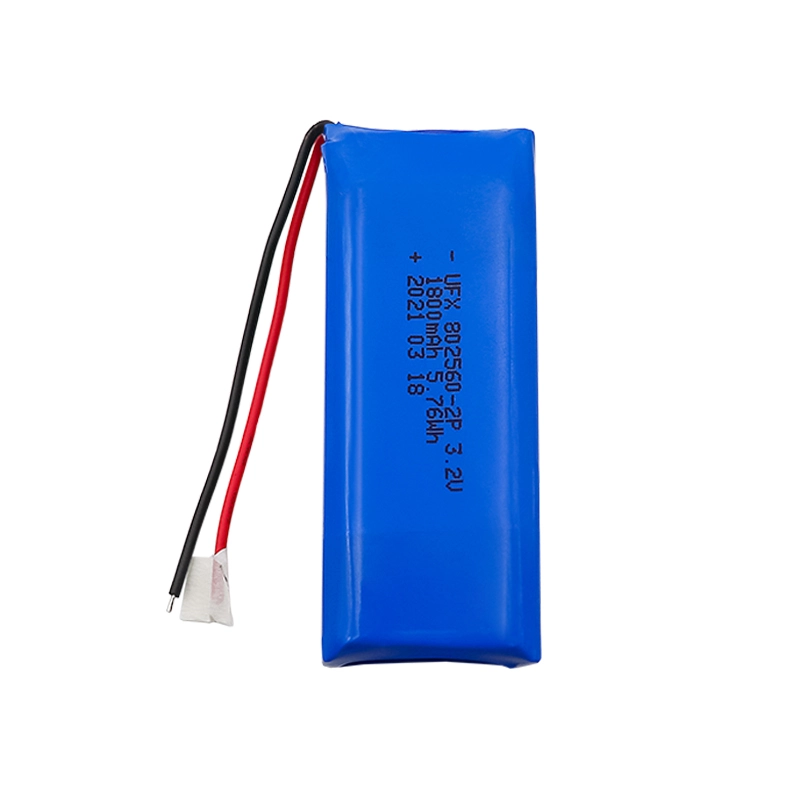
Energize Your Lights With High-Performance Lighting Batteries!
A bright flashlight with strong performance such as high brightness and long range must be matched with a powerful lighting battery. Only a flashlight with full power at all times can truly “release its charm”! Nowadays, rechargeable lithium batteries are widely installed in bright flashlights. Lithium-ion batteries have the advantages of environmental protection, lightweight, large capacity, and no memory effect. They are also the most widely used in modern digital products such as mobile phones and laptops.
Types of lighting batteries
There are currently four main types of lighting batteries:
1. Alkaline battery
Alkaline batteries are widely used in portable lighting equipment such as flashlights, lanterns and headlamps.
They are affordable, readily available, and offer a good balance between capacity and performance.
Alkaline batteries are known for their stable voltage output throughout their lifetime.
2. Lithium battery
Lithium batteries are commonly used in high-performance lighting equipment, including LED flashlights and professional-grade lighting equipment.
They have a longer shelf life, higher energy density and lighter weight than alkaline batteries. Lithium batteries provide stable power output even in extreme temperatures and have longer runtimes.
Lithium-ion batteries are commonly used in high-performance and professional lighting equipment, such as photography and video lighting. They offer high energy density, lightweight design and longer run times compared to other battery types. Lithium-ion batteries are known for their ability to provide stable power output and can be recharged multiple times.
3. Rechargeable nickel metal hydride battery (nickel metal hydride)
NiMH rechargeable batteries are commonly used in rechargeable lighting devices such as rechargeable LED flashlights and portable work lights. They can be recharged multiple times, making them a cost-effective and environmentally friendly option. Compared to alkaline batteries, NiMH batteries have higher capacities and can last longer between charges.
4. Lead-acid battery
Lead-acid batteries are used in larger lighting applications such as emergency lighting systems, solar lighting and outdoor lighting fixtures. They are known for their high capacity and ability to provide a stable power supply over long periods. Lead-acid batteries require regular maintenance and are typically used in fixed lighting fixtures.
Lighting battery: lithium battery
Lithium battery is a type of battery that uses lithium metal or lithium alloy as positive/negative electrode materials and uses a non-aqueous electrolyte solution. Many digital devices use lithium-ion batteries as power sources. Although lithium-ion batteries have high energy density, their capacity is 1.5 to 2 times that of nickel-metal hydride batteries of the same weight, and they have a very low self-discharge rate.
The working principle of lithium-ion batteries refers to its charging and discharging principle. When the battery is charged, lithium ions are generated on the positive electrode of the battery, and the generated lithium ions move to the negative electrode through the electrolyte. The carbon used as the negative electrode has a layered structure with many micropores. The lithium ions that reach the negative electrode are embedded in the micropores of the carbon layer. The more lithium ions are embedded, the higher the charging capacity.
Ufine lighting battery
As a new generation of rechargeable batteries, lithium-ion batteries can be used as lighting batteries. They have the advantages of large energy, high working standard voltage, wide operating temperature coverage, long cycle life cycle, and high safety factor. It also features low maintenance requirements and no memory.
Guangdong Ufine New Energy Co., Ltd. is a high-tech enterprise specializing in the research, development, design and production of polymer lithium-ion batteries. Ufine has been focusing on battery manufacturing technology for 15 years. It is safe and stable, has no risk of explosion, has strong battery life, long-lasting power, high charging conversion rate, does not get hot, has long service life, is durable, has production qualifications and its products have passed many national and global certifications. Certification.
High Energy Density
It stores large amounts of energy in a smaller and lighter package
Longer Cycle Life
Withstands extensive charge and discharge cycles
Low Self-Discharge
Maintains power longer when not in use
Safety
Minimizes the risk of accidents and ensures safe operation
More Information About Lighting Battery
-
How long do lithium batteries last?
-
Can lithium batteries be customized for specific applications?
-
What is the minimum order quantity (MOQ) for lithium batteries?
-
What is the lead time for lithium battery production and delivery?
Latest Blogs
About Lithium Battery Industry News

How to Choose the Right Electric Fence Battery?
Choosing the right electric fence battery is key to security. This guide helps you pick a reliable farm, garden, or animal power source.
2025/04/16 Ufine
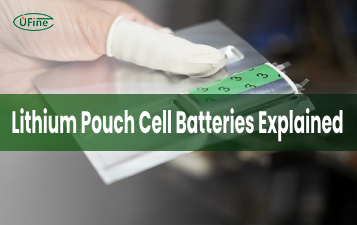
What Are Lithium Pouch Cells?
Explore how lithium pouch cells work, their structure, advantages, and uses. Learn from a trusted supplier like Ufine Battery for custom lithium solutions.
2025/04/16 Ufine
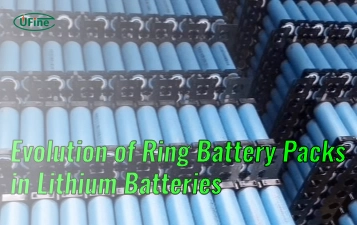
The Evolution of Ring Battery Pack Technology in Lithium Battery Manufacturing
Ring battery packs are reshaping lithium battery tech. Discover their evolution, key uses, and why they matter for the future of energy storage.
2025/04/16 Ufine
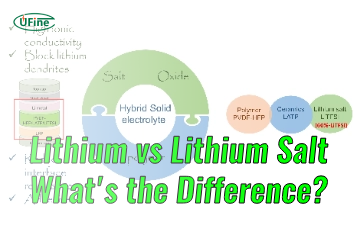
Lithium vs Lithium Salt: What’s the Difference?
Lithium is a pure metal, while lithium salts are stable battery compounds. Learn their key roles and differences in battery manufacturing.
2025/04/16 Ufine
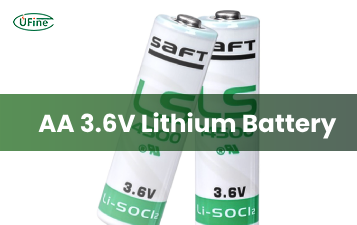
What You Need to Know About AA 3.6V Lithium Battery
Learn all about AA 3.6V lithium batteries—voltage, size, capacity, uses, and the best replacements. Discover why they’re powerful, and highly reliable.
2025/04/15 Ufine
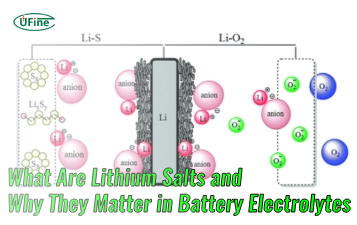
What Are Lithium Salts and Why They Matter in Battery Electrolytes
Lithium salts in electrolytes are key to battery performance, powering everything from phones to EVs and shaping the future of clean energy.
2025/04/15 Ufine

